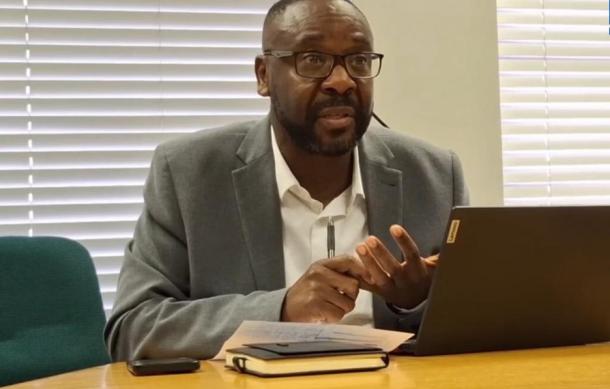
The Fisheries Observer Agency (FOA) needs to be given power to investigate fishing violations.
The agency says that gaps in the investigation and prosecution often cause cases to drag on and sometimes result in their withdrawal.
Fisheries observers board commercial vessels to collect scientific data and also report violations to the government.
In the past five years, the government has reported fifty violations. Dumping of fish landed as bycatch and non-compliance with license conditions are the most common crimes.
"So this observer is going to be in different places; he is not going to be stationed only in one place. He must see to it that dumping is not taking place and fish is being packaged, especially the bycatch. Mostly if the observer is not in the factory, they always discard it, so the observer must be there," said FOA acting Operations Manager, Shadrick Liswniso.
Critics blamed the agency for not doing anything about recent reports of illegal pilchard fishing worth N$20 million, which landed as bycatch.
"We do not arrest or prosecute; we are merely witnesses, which is one of the concerns that the nation has. They believe that we possess enforcement powers and are failing to make arrests. However, we do not have those powers; they are strictly held by the Ministry of Agriculture and Fisheries," said FOA Chief Executive Officer Stanley Ndara.
While on a vessel, the observers usually call the office on land to report a violation, and the office informs the Ministry of Fisheries to take action.
"But there are delays," said Ndara, adding that "it takes two to three months, sometimes even a year. Some of the cases can go even 2–3 years without being attended to because of the problem of not meeting at the same time. So part of the powers that I would say that we need to be accorded is the power to, not necessarily arrest, but to be able to open our own dockets. You are able to have, you have the capacity to go to the prosecutor and police and open a case docket, and you are the investigating officer of your case. So that you can dispense these cases at your own pace. It encourages you when cases are dealt with expeditiously."
Ndara said observers, police, and the judiciary need training in the investigation and prosecution of fishing violations.
The agency has agreements with institutions like the University of Namibia, which receives support from the Nelson Mandela University to provide relevant courses to investigate the violations.





